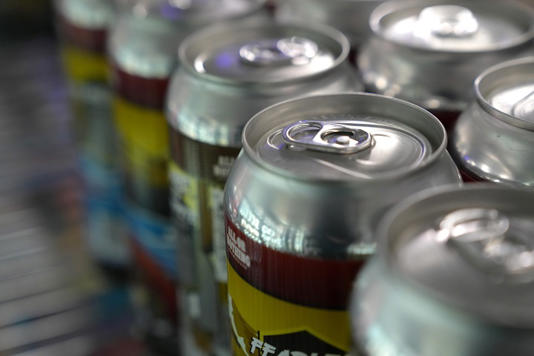
By Ryan Rocca
As the federal government is set to increase its tax on alcohol, Ontario says it is stopping a hike to the province’s beer tax and LCBO mark-up rates that was set to take effect on March 1.
“This increase would have resulted from rates being indexed to inflation, which the government has consistently stopped over the last six years, resulting in approximately $200 million in relief,” the province said in a news release.
The freeze is now scheduled to be in place until March 1, 2026.
The basic beer tax and LCBO mark-up rates are added to beer sold in Ontario and are normally scheduled to change on an annual basis, based on a three-year rolling average of the Consumer Price Index for Ontario.
The Ford government said since Nov. 1, 2018, it has cancelled the scheduled increases, including a three cents per litre increase.
This year’s freeze comes after the province announced big changes in December to the way alcohol is sold in Ontario, with beer, wine, cider, coolers, seltzers and other drinks coming to all participating convenience stores and grocery stores starting Jan. 1, 2026.
Video: Ford government to liberalize the sale of alcohol in Ontario
More on Lifestyle
The province said it is preparing for the shift by meeting with industry and other stakeholders “to ensure a smooth, safe and stable transition to a new marketplace.”
As part of those preparations, the province said it will also “conduct a targeted review of taxes and fees on beer, wine and alcoholic beverages with the aim of promoting a more competitive marketplace for Ontario-based producers and consumers.”
Federal alcohol tax increasing April 1
Meanwhile, the Trudeau government is set to increase the federal tax on alcohol starting April 1, amid calls to cancel it.
The alcohol excise tax is set to go up by 4.7 per cent, which Kelowna-Lake Country Conservative MP Tracy Gray said will cost Canadians about $100 million extra in 2024-25.
Since the tax is an “escalator tax,” meaning it is automatically increased, there is no debate or vote in Parliament each time scheduled increases go ahead. Before the automation of its increases, the tax had to be approved by Parliament every time it was increased.
— With files from Eric Stober
Source: Global News
